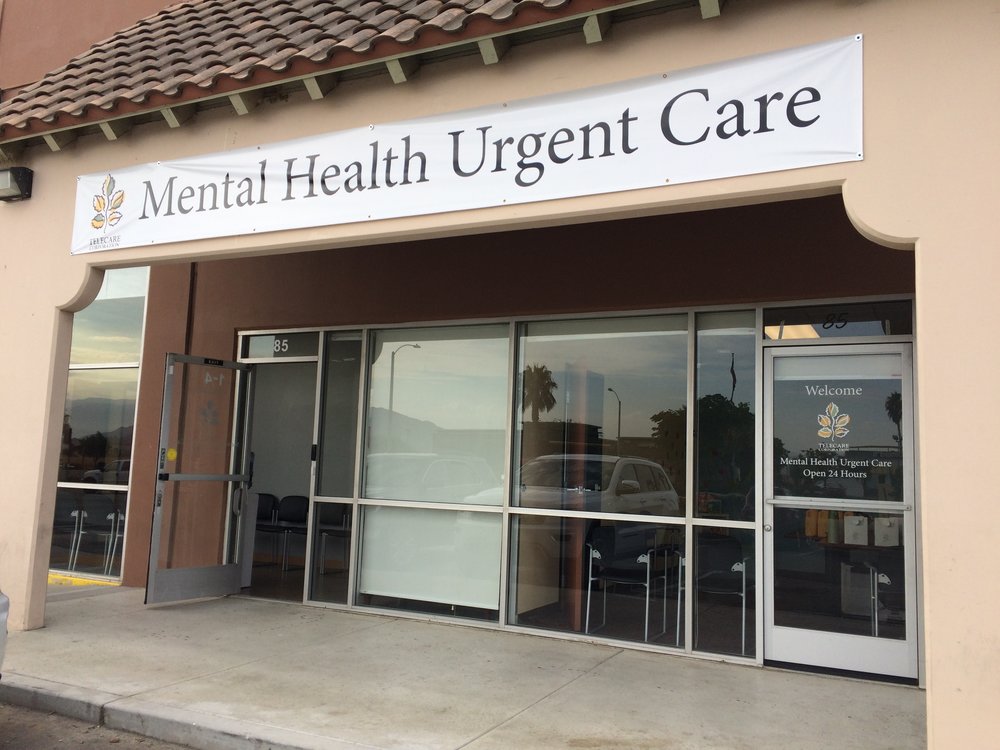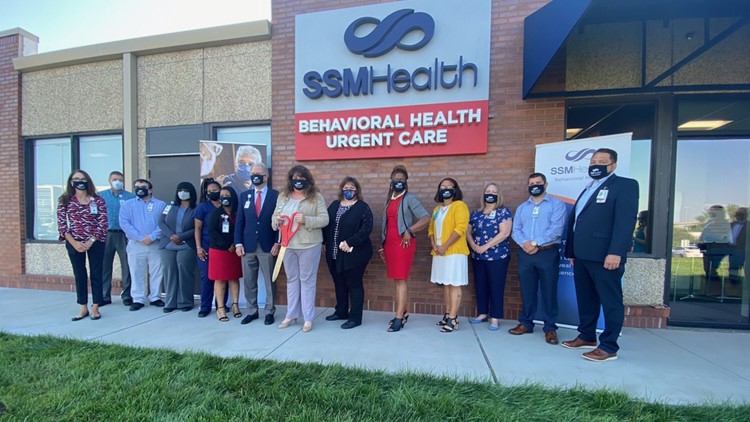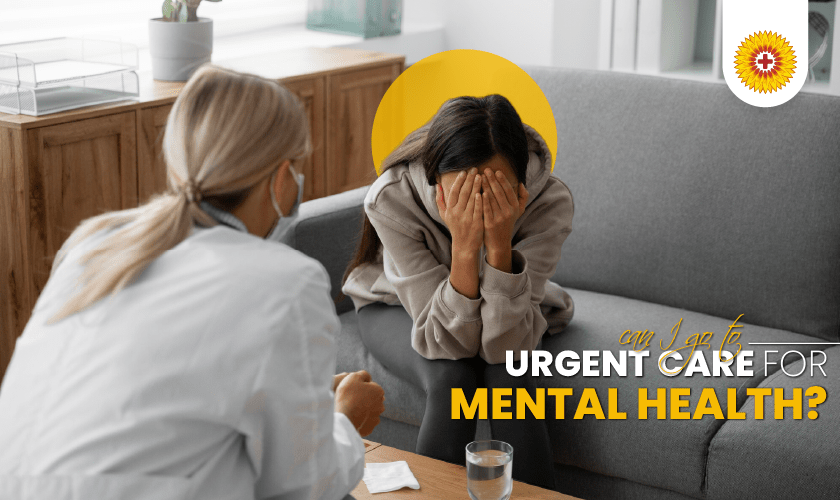Have you ever found yourself in a situation where your mental health felt like it was spiraling, and you needed help fast? If so, you’re not alone. Many people experience moments when they can’t manage their mental wellness and need immediate support. This article examines the importance of urgent care for mental health and how to navigate this often-overlooked area of healthcare.
Understanding Urgent Care for Mental Health
Urgent care for mental health refers to immediate, often short-term treatments that address acute mental health crises. These can include situations like severe anxiety attacks, suicidal thoughts, or sudden bouts of depression. Just like you wouldn’t wait for days to address a broken bone, mental health needs urgent attention, too.
Many individuals aren’t even aware that urgent care for mental health exists. What if you could walk into a facility and get the help you desperately need within hours? How comforting would that be?
The Importance of Timely Intervention
Timely intervention in mental health can significantly alter the course of your well-being. When you seek urgent care, you can potentially prevent more severe issues from developing. This includes avoiding hospitalization or long-term mental health complications.
The concept of “time is of the essence” rings particularly true when it comes to mental health. The quicker you get help, the better your chances of recovery.
Common Situations Requiring Urgent Mental Health Care
You might wonder what situations warrant urgent care. Here are some common scenarios:
| Situation | Description |
|---|---|
| Suicidal Thoughts | Feelings of self-harm or contemplating suicide are critical emergencies. |
| Severe Anxiety Attack | Extreme anxiety that feels unmanageable, including panic attacks. |
| Bipolar Episodes | A sudden shift in mood leading to extreme highs or lows. |
| Psychotic Episodes | Experiencing hallucinations or delusions, which are serious symptoms. |
| Trauma Responses | Intense anxiety or PTSD after a traumatic event. |
Recognizing these situations can be the first step toward getting help. If you find yourself or someone you know in one of these circumstances, remember that you deserve support.
Types of Urgent Care Facilities for Mental Health
When it comes to urgent care for mental health, there are several types of facilities you can turn to. Knowing your options can empower you to seek the right help when you need it most.
In-Person Urgent Care Centers
These centers often have a staff of mental health professionals ready to assist you promptly. They can provide evaluations, crisis interventions, and referrals to longer-term treatment if necessary.
Emergency Rooms
Most hospitals have emergency departments equipped to handle mental health crises, though the wait times may vary. The advantage is that they can manage both physical and mental health emergencies in one place.
Telehealth Services
If you’re in a situation where going to a facility isn’t an option, telehealth can offer quick access to mental health professionals via video calls or chat. This might provide you with that instant support needed in a crisis.
Walk-In Mental Health Clinics
Some clinics allow you to walk in without an appointment. While serving a particular community, they can provide immediate care for specific mental health issues.
Being aware of what facilities are available can save you precious time in moments of need.

This image is property of images.squarespace-cdn.com.
What to Expect During an Urgent Care Visit
Understanding what happens during an urgent care visit can help minimize the apprehension you may feel when seeking help.
Initial Assessment
When you arrive, you’ll undergo an initial assessment. A clinician will ask questions about your mental health symptoms, medical history, and any immediate concerns. This evaluation is crucial for determining the best course of treatment.
Don’t hesitate to express what you’re experiencing. Remember, this is a judgment-free zone.
Crisis Intervention
If you’re in a crisis, the clinicians may focus on helping you stabilize first. This can involve grounding techniques or immediate interventions tailored to your situation.
Feeling safe and secure is the priority here, and the professionals are there to support you.
Follow-Up Plan
Once you’re in a stable condition, the staff may develop a follow-up plan. This could involve appointments with therapists, medication adjustments, or referrals to counseling services. It’s essential to keep this plan in mind to ensure your progress continues.
Duration of Stay
You might wonder how long you’ll be at the urgent care facility. Stays can vary based on the severity of your situation, but generally, you may expect to be there for a few hours.
Investing that time in your mental well-being is incredibly worthwhile.
How to Prepare for Your Visit
Preparation can ease your anxiety about seeking urgent care. Consider the following steps:
Document Your Symptoms
Before your visit, make a list of symptoms you’ve been experiencing. This could include how long you’ve been feeling this way, any triggers you’ve noticed, and any medication you’re currently taking.
Having this information readily available will facilitate an efficient assessment by the clinician.
Bring a Support Person
If possible, having a friend or family member accompany you can be comforting. They can help articulate your feelings during the assessment and serve as an emotional support.
Know Your Medical History
Familiarize yourself with your medical history, including any prior mental health diagnoses and treatments. This background can guide the clinicians in deciding the best care plan for you.
Be Open and Honest
While this might feel daunting, being as open and honest as possible within your assessment can lead to a more accurate diagnosis and effective treatment.
This is important; your well-being deserves complete honesty, both for you and the professionals helping you.

This image is property of www.starsinc.com.
What Happens After Your Visit?
Your urgent care visit might just be the beginning of your journey toward long-term mental health stability. Here’s what you could expect afterward.
Ongoing Therapy
Most individuals will require ongoing therapy following their urgent care visit. This might include weekly or bi-weekly appointments with a therapist. Regular sessions can keep your mental health in check.
Medication Management
If medications were prescribed during your urgent care visit, it’s crucial to adhere to the prescribed regimen. Regular check-ins with your doctor or psychiatrist to discuss the effectiveness and any side effects are important.
Building a Support System
Establishing a support system can be incredibly beneficial. This might include friends, family, support groups, or even online communities.
Having a group of people you can lean on during tough times can make all the difference.
Regular Self-Care
Incorporating self-care routines can complement your professional treatment. This could range from simple acts of kindness toward yourself to pursuing hobbies that bring you joy.
Think of self-care as both a preventive and reactive measure—it’s essential for maintaining mental wellness.
Barriers to Accessing Urgent Care
Despite the rising awareness of mental health issues, several obstacles can prevent you from seeking urgent care. Recognizing these barriers will help you navigate them more easily.
Stigma Surrounding Mental Health
Unfortunately, the stigma associated with mental health can deter people from seeking help. It’s vital to challenge those notions, reminding yourself that it’s perfectly acceptable to prioritize your mental well-being.
Cost and Insurance Issues
Financial concerns can also impede access to urgent care. Many facilities have sliding scale fees or assistance programs based on income. Don’t hesitate to ask about these options when you reach out for help.
Availability of Services
Depending on where you live, finding accessible urgent care might be challenging. Research local mental health resources, as some areas might have more options than you’re aware of.
Staying informed about what’s available to you will empower you to seek help.

This image is property of media.ksdk.com.
Building a Foundation for Long-Term Mental Health
After your immediate needs have been addressed, it’s equally important to think about long-term strategies for mental wellness.
Create a Mental Health Plan
Regularly updating a mental health plan that includes triggers, coping strategies, and contacts can enhance your self-awareness. Having this plan can serve as a roadmap for your mental wellness journey.
Establish Healthy Routines
Incorporating daily routines that prioritize your mental health can yield positive results. This could include physical exercise, mindfulness practices, or engaging in creative activities.
Connect with Community Resources
Getting involved in local community resources can enrich your support network. Workshops, therapy groups, and recreational clubs can offer avenues for socialization while contributing to your personal development.
Building connections takes time, but those relationships can foster secure environments for your growth.
Prioritize Regular Check-Ins
Just as you would have regular dentist appointments to maintain dental health, check in with your mental health regularly. This could be through therapy, self-assessment, or even journaling about your thoughts and feelings.
Making your mental health a priority will foster ongoing stability.
Conclusion
Urgent care for mental health is not just a resource; it’s a lifeline for many. Moments of crisis should never be taken lightly, and knowing that help is available can provide immense relief. Be proactive about understanding the resources that are out there for you, preparing for your visits, and establishing a long-term treatment plan.
In moments of turmoil, reaching out for urgent care could be the turning point in your mental health journey. The goal is to empower you with the knowledge that you are deserving of care, compassion, and understanding. You are not alone in this journey, and there are people and systems that can support you through the highs and lows of mental wellness.

This image is property of urgentcareofkansas.com.